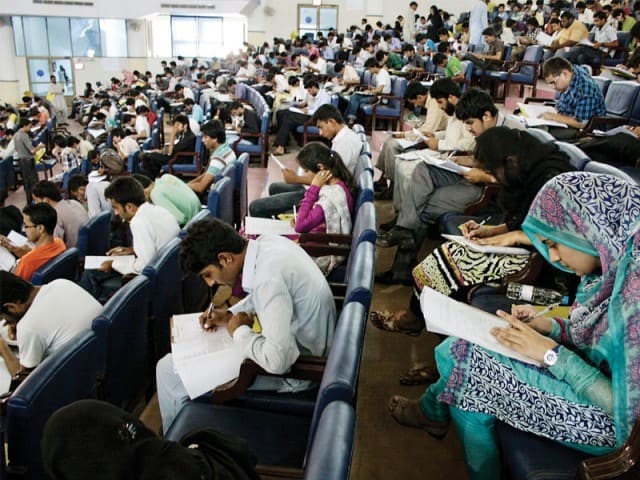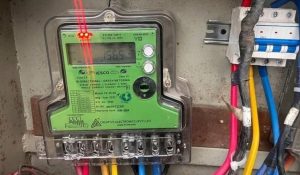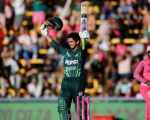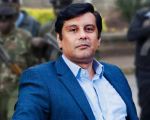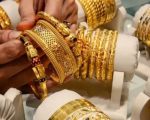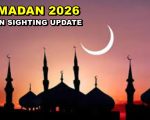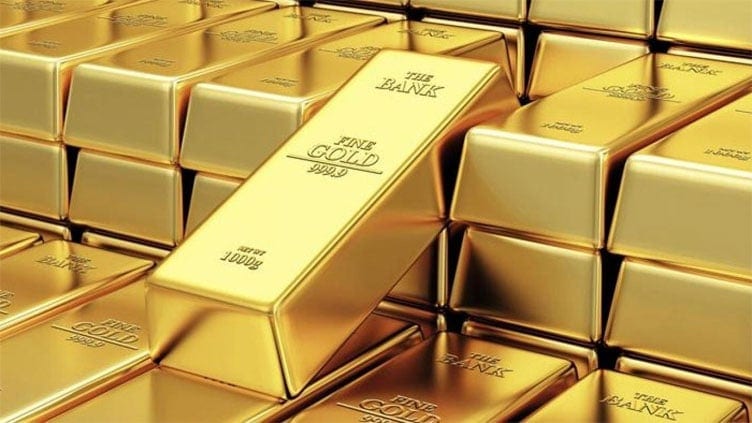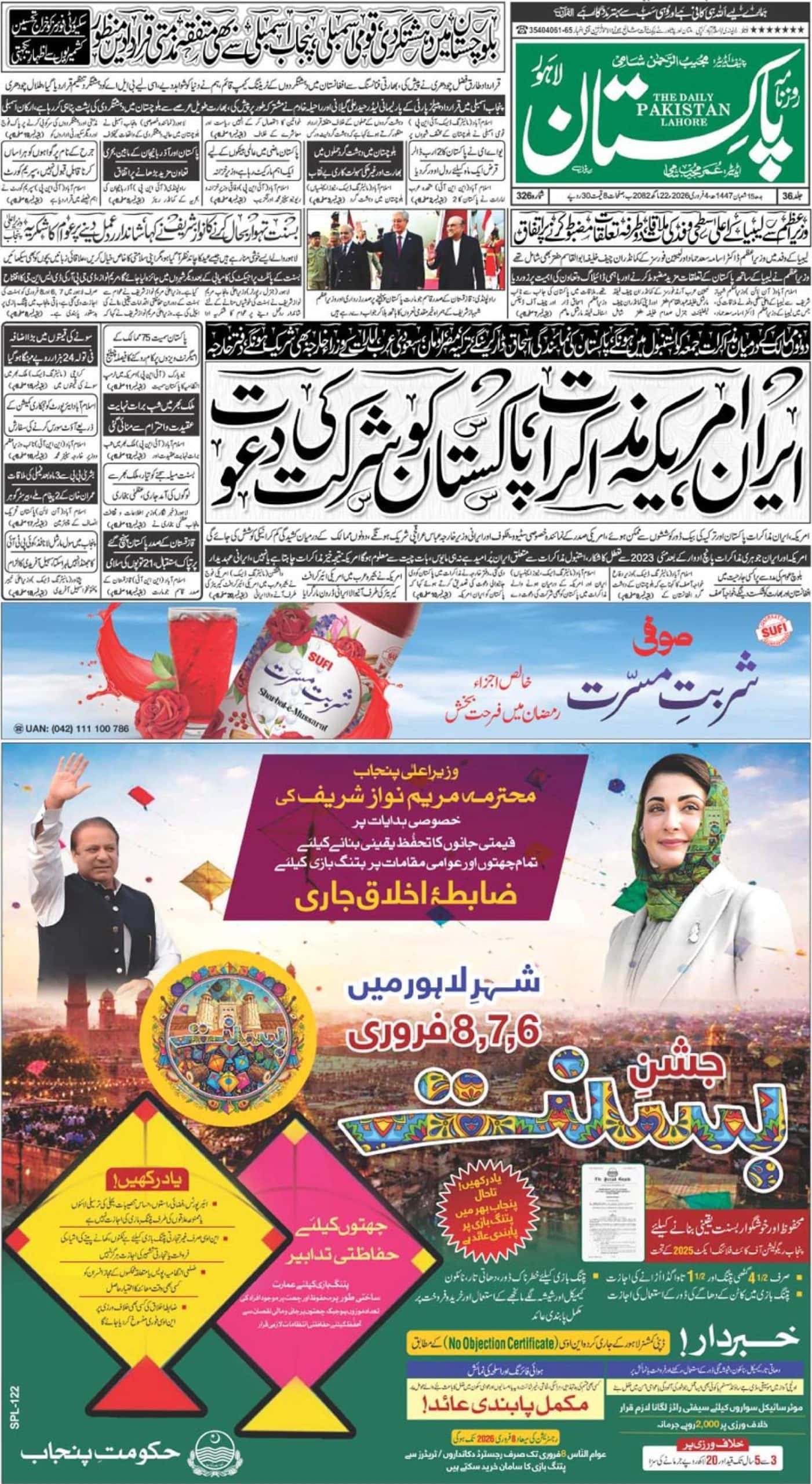A whopping amount of candidates failed to provide satisfactory responses to the questions put forth in the competitive examination 2017, as a result, only 312 out of 9,391 contestants managed to pass the written assessment.
This years-long consistency in statistics in CSS results, points to the fact that contemporary education system is outdated, hence not capable to face the challenges posed by the fast-paced world.
Since 2014, pass percentage of Central Superior Services results has not been able to reach the 4 percent mark: a mere 3.33 percent candidates could pass the written exam in 2014 which declined to 3.11 percent in 2015 and it further decreased to only 2.06 percent in 2016 while 3.3 percent competitors managed to meet success in written assessment in the year 2017.
Access to quality education remains condoned and unchallenged in Pakistan where passing CSS examination has turned into attaining the impossible. This ever-declining performance of candidates mirrors the dismal and disappointing conditions of the education sector.
Examiners’ observations on the performance of candidates highlighted certain shortcomings to be addressed on a priority basis by HEC for they believe that appropriate actions taken at the graduate level can help overcome the failure.
The Higher Education Commission (HEC)aftergetting directions to identify and eradicate the flaws leading to the unsatisfying produce of education institutions has forwarded letters to the universities pointing to the issues observed in answers of the candidates. Candidly, it will be ofslight benefit since the major part of the problem resides in Primary, Secondary and Higher Secondary schools.
Under the prevalent circumstances, the hopes of FPSC appear both unrealistic and unjust as expecting a coherent, well-organized and logical response from candidates educated in absence of cultivation of critical thinking, grammar-enriching pedagogy, integration of modern linguistics, dexterous development in social sciences and business studies, concept-context methodology, general and domain-specific creativity is indubitably impractical.
When pupils in advanced countries have been trained to utilize higher order thinking and problem-solving skills to envision, investigate, discover, create and invent, Pakistani students burn all their precious time and invaluable energy in the process of reproduction of facts.
A response considered as an embodiment of creativity, uniqueness, logical reasoning and facts is a provision of a mind brimming with knowledge, predominantly obtained by voracious readers from a library, while Pakistani students hardly come across a vicinity called the library.
The schools here, whether private or public, don’t need a library since it not only serves as a hurdle in achieving higher grades in the prevalent assessment system of examination boards, but also reduces the profits to a great extent.
Examination boards value the students who master the art of rote learning and don’t waste their time in reading extensively for ultimately those capable of reproducing the facts get the highest grades becoming an advert promoting their schools. Simultaneously, the library requires a room which can be a classroom in absence of an archive, and a classroom means at least 30 students paying exorbitant amounts of fee. Concurrently, a library consists of a collection of books, magazines, dictionaries and newspapers which again cut short the profit of the school owners.
The sparsity of libraries is a result of lack of importance of reading and the insignificance given to the novel, innovative and unique answers by the Matriculation and Intermediate examinations boards while assessing the responses.
Most of the readers must be thinking that long gone is the era of paper-books since today internet offers an alternate providing cost effective and easy access to knowledge. Without any skepticism, contemporary era can be called as an age of the internet since the life of youth is overwhelmed by the online information presented by the internet. But in spite of being an advantage, online data has turned into a disadvantage in Pakistan where youth yet grapples with the adversarial effects.
The education system has failed to introduce a course to train students’ ways to utilize the benefits appropriately. In fact, a compulsory course teaching online research methodologies and avoiding the unnecessary information must have been introduced in all private and public institutions at the dawn of 21st century. Consequently, Pakistani youth is far from reaping the real benefits of online information whether in the shape of books or scholarly articles.
The FPSC examiners who hold great expectations must realize that producing expressions of sublime perfection and higher order critical thinking isn’t a virtue of a mind repeatedly forced to memorize the text provided either in shape of syllabi or notes by a teacher.
It’s to be realized that education is a future business not a matter of cramming the past events or copying the texts. Knowledge in this post-modern world is continuously changing, ubiquitous, and exponentially growing beyond any framework. Becoming a storage of textbooks is of no worth for the world only values the ability to utilize the knowledge in a unique and meaningful way.
Unfortunately, when it comes to the practical application of the knowledge learned by students in Pakistan, it’s revealed that what earned them highest grades in SSC and HSSC exams were mere words and phrases, not concepts. Our children can’t satisfy the FPSC examiners unless schools provide them ample chances to foster their creativity. In a classroom, pupils must consider a question as a challenge and invent their own answers instead of searching for readymade responses given in textbooks.
Only to impugn the capacity of colleges providing graduate-level education will not suffice, schools from primary to higher secondary grades require transformation because the basic learning habits are well developed during the first 12 years of education.
Moreover, the first step on this path of transformation is a provision of a new assessment system as in presence of prevalent methodology of examination boards’ students will keep memorizing the bookish answers to obtain high grades.

